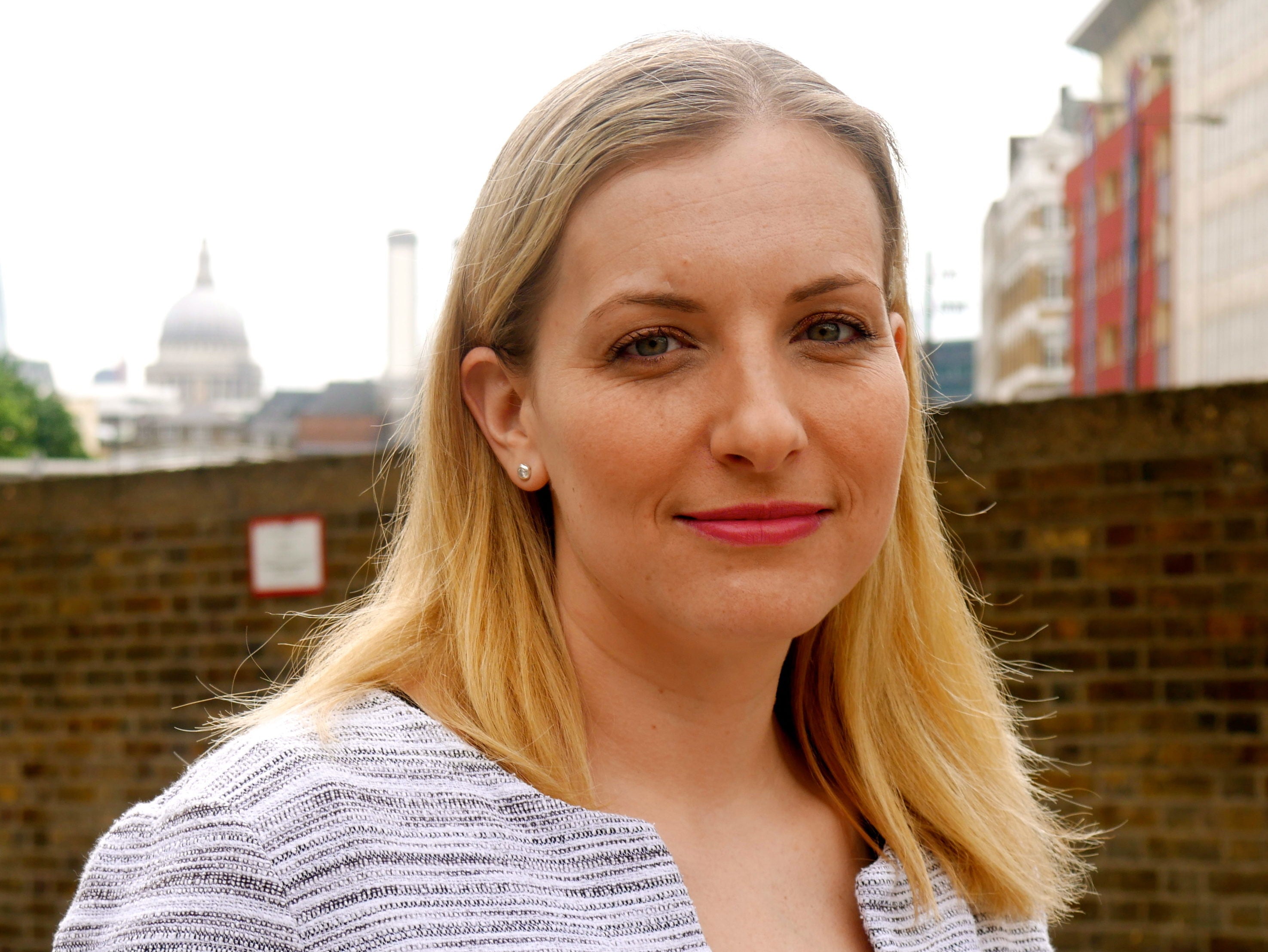
With press freedom under greater attack globally than ever before, it has never been a more dangerous time to be a journalist.
World Press Freedom Day gives us occasion to reflect on the situation of our colleagues around the world who are marking the day behind bars, and to remember those who are no longer with us, having been killed in the course of doing their jobs, or increasingly, deliberately targeted for their work.
As of today, a total of 341 journalists, citizen journalists, and media assistants are imprisoned around the world, with around half of those concentrated in just five countries: China, Egypt, Turkey, Iran, and Saudi Arabia.
Alarmingly, 12 journalists, citizen journalists, and media assistants have already been killed in 2019, after 80 were killed in 2018 – the deadliest year on record for media around the world.
Afghanistan, Syria, and Yemen remained among the deadliest countries, but three countries not at war also made that list: Mexico, India, and the United States. At the end of the year, another 60 journalists were being held hostage – all but one in Syria, Yemen, and Iraq.
Reporters Without Borders has pointed out that only nine per cent of the world’s population currently live in countries where journalists enjoy a favourable environment and are able to practice their profession freely and independently.
Worryingly, the press freedom situation in the other 91 per cent of the world is categorised as “problematic”, “difficult”, or “very serious” on the map that accompanies our World Press Freedom Index, an annual ranking of 180 countries in terms of their press freedom performance.
This year’s Index showed that hostility towards journalists expressed by political leaders in many countries has incited increased violence, fuelling an unprecedented level of fear and danger for journalists.
Threats, insults, and attacks have now become common occupational hazards for journalists in far too many places – and not just in authoritarian countries.
US journalists have never before faced so many death threats or so often needed private security to ensure their protection, and the US has, for the first time, dipped into the “problematic” category, falling three places to 48th out of 180 countries.
The UK, for its part, rose seven places and is now ranked 33rd out of 180 countries.
RSF welcomed the improved ranking and highlighted some positive steps that had been taken over the year, but also pointed to a number of worrying trends that continued, particularly in the areas of national security, surveillance, and data protection.
Although the scoring reflects the broader climate for press freedom and is not just an indicator of the government’s performance, we have called on the UK government to take specific steps to improve some areas identified as shortcomings in this year’s Index.
These include formally repealing Section 40 of the Crime and Courts Act 2013, ceasing efforts to force an encryption backdoor, lifting the ongoing threat of legal action against journalists Trevor Birney and Barry McCaffrey in Northern Ireland, and implementing without further delay the Magnitsky Amendment, which provides for individual sanctions for corrupt, human rights-abusing foreign officials.
The tragic killing just two weeks ago of journalist Lyra McKee in Northern Ireland – the first killing of a journalist in the UK to be included in RSF’s barometer of press freedom violations – further underscores the need for serious attention to, and concrete action to address, the domestic press freedom climate in the UK.
Today RSF has announced that we will be launching an All Party Parliamentary Group on Press Freedom, which will be chaired by former Secretary of State for Culture, Media and Sport John Whittingdale MP.
We will work closely with parliamentarians from all parties, in co-ordination with a wide range of freedom of expression and media organisations, to increase parliamentary action to defend press freedom both in the UK and globally.
In parallel to the Foreign and Commonwealth Office’s own media freedom campaign, we hope that this increased focus on press freedom will encourage other parts of government to do their part to address the worrying trends that continue domestically.
The UK plays an important standard-setting role, and showing the world that we know our press freedom climate is not perfect, but that we are working to get it right, puts the UK in a position of strength and will set a positive international example.
Rebecca Vincent is the UK bureau director for Reporters Without Borders.
Email pged@pressgazette.co.uk to point out mistakes, provide story tips or send in a letter for publication on our "Letters Page" blog
